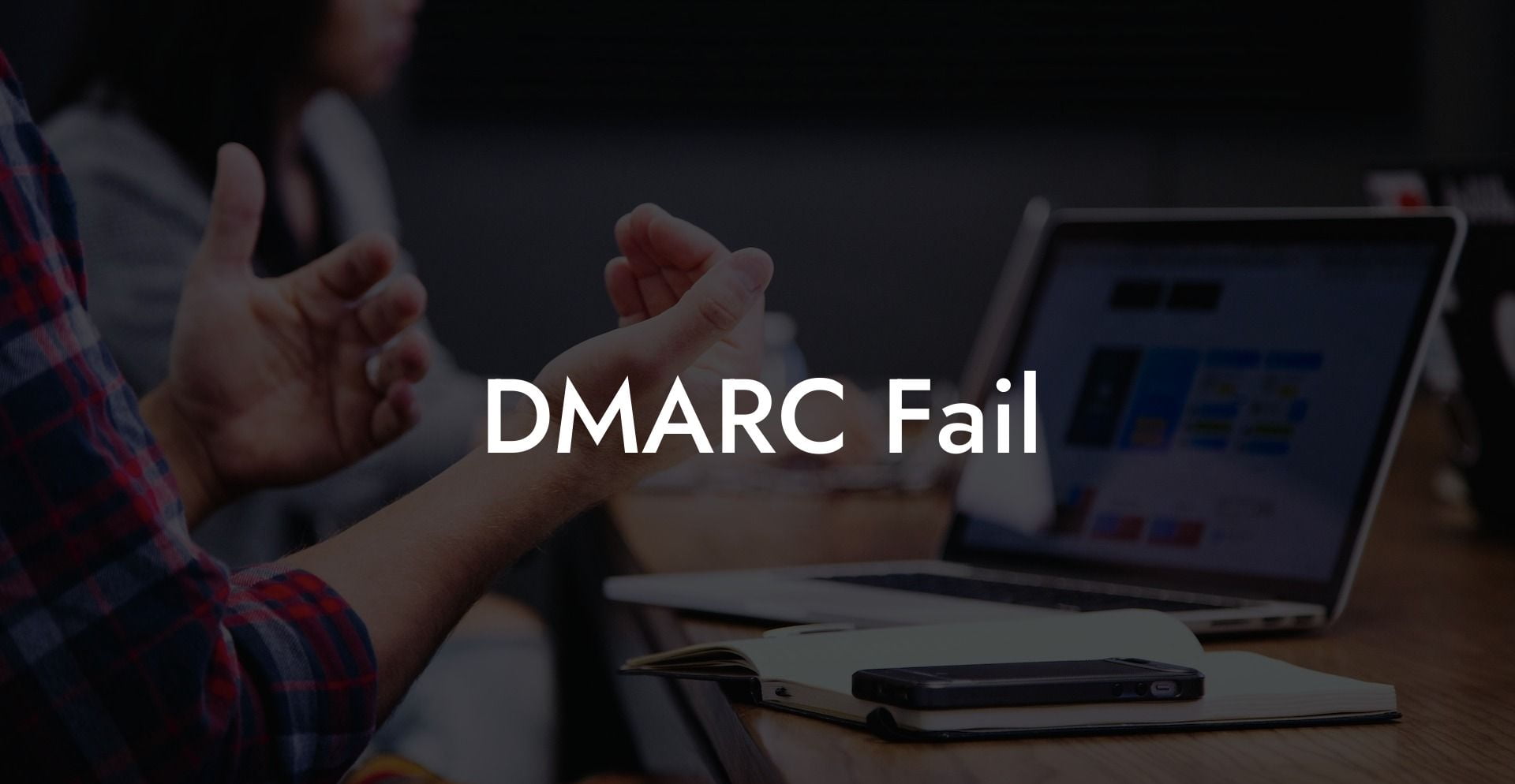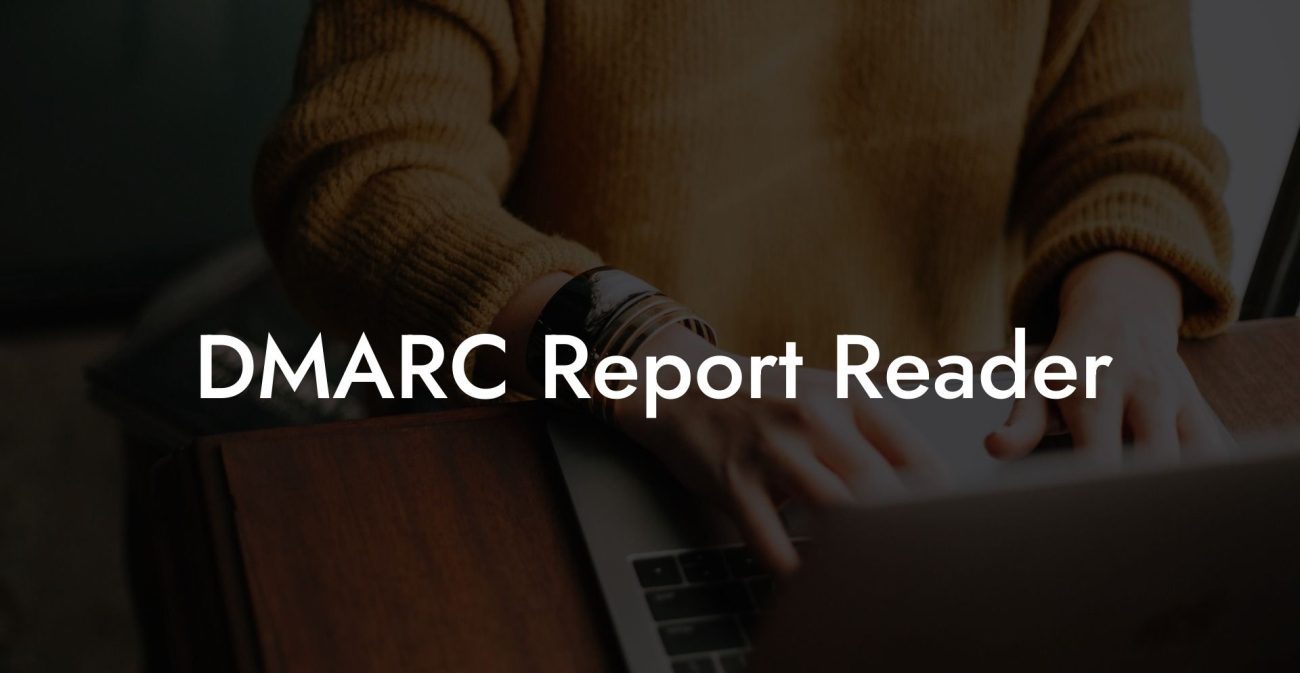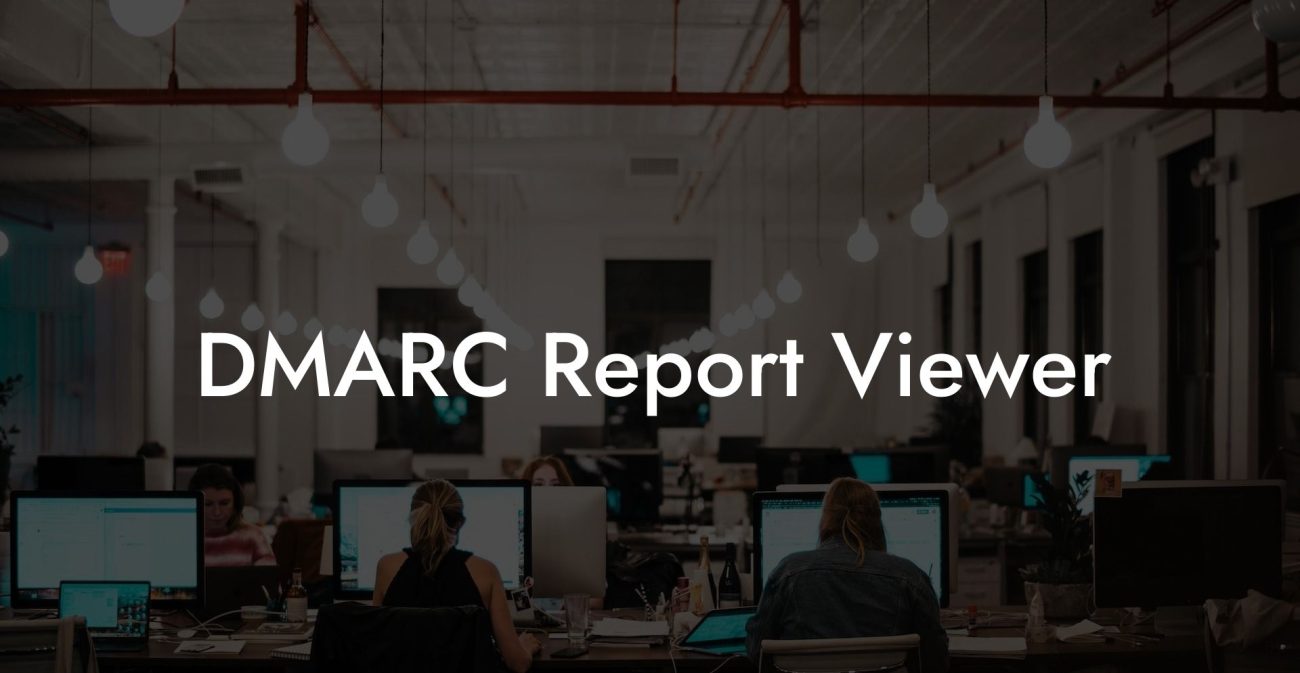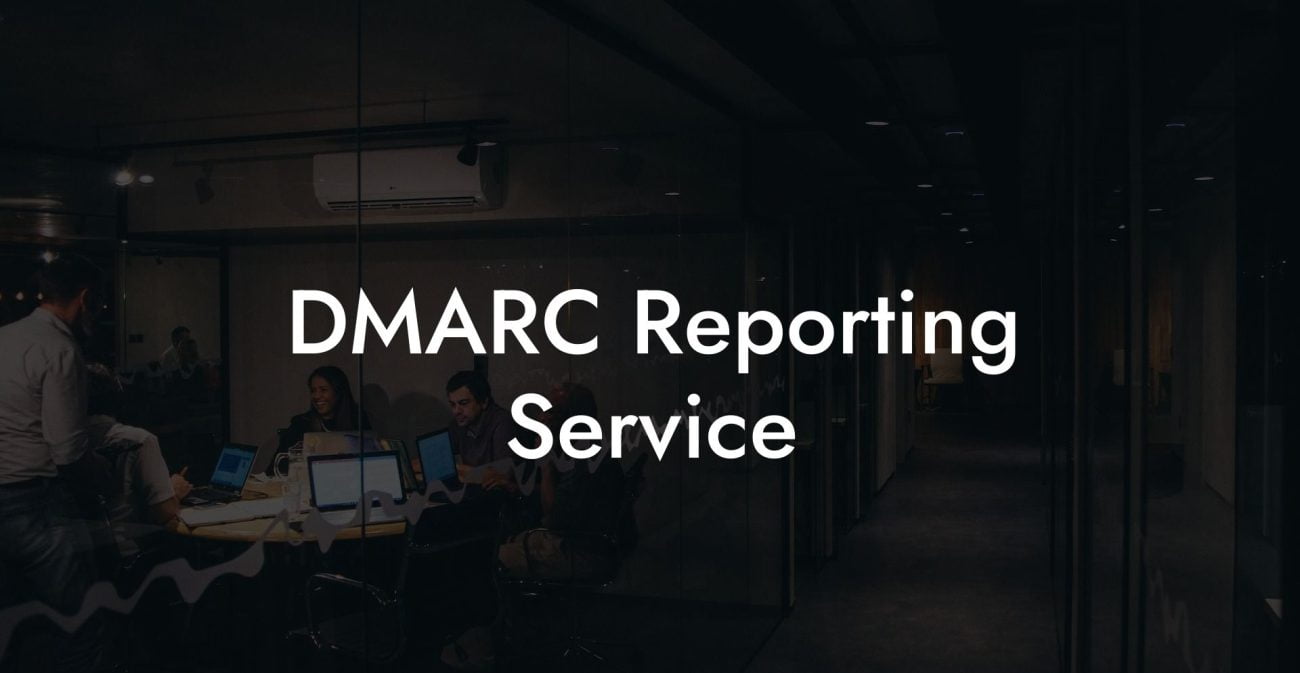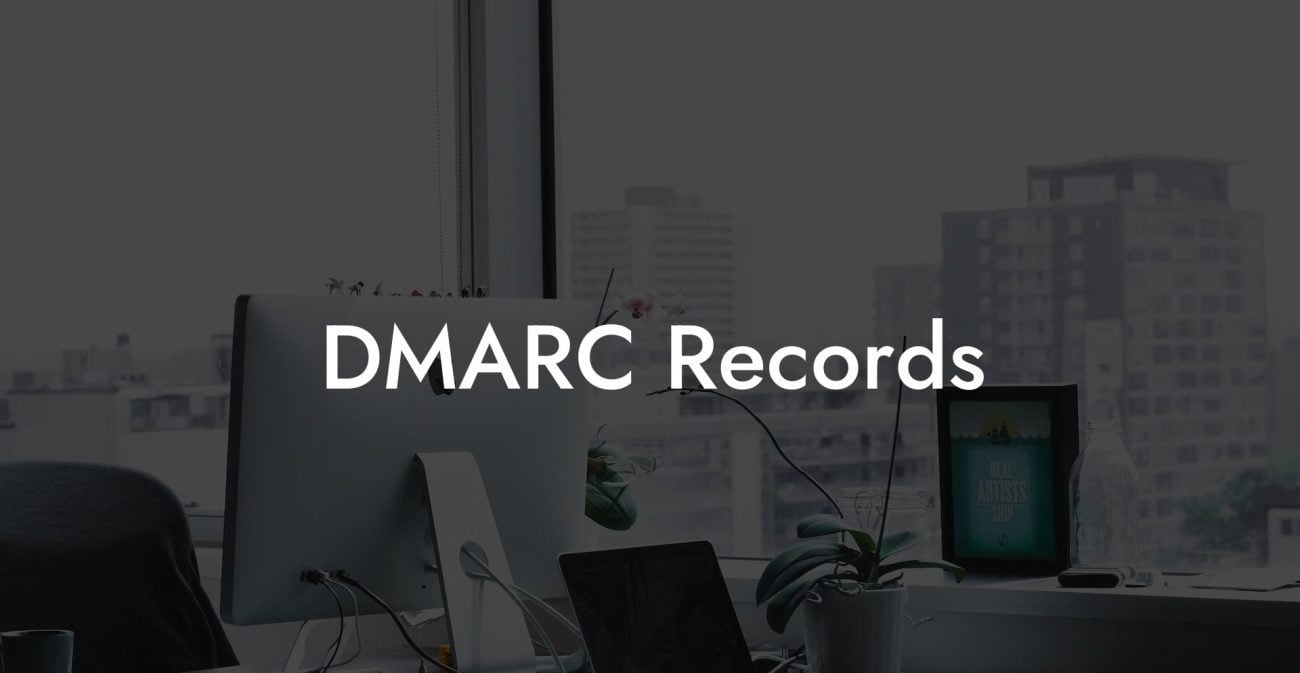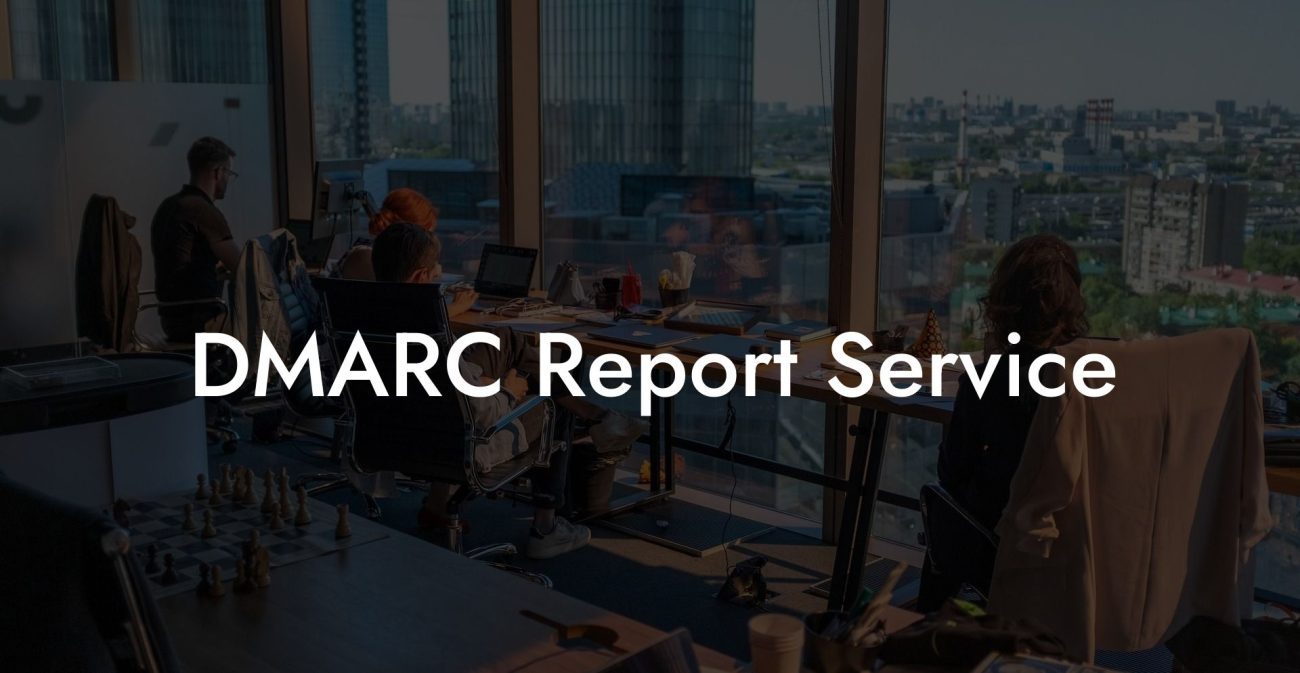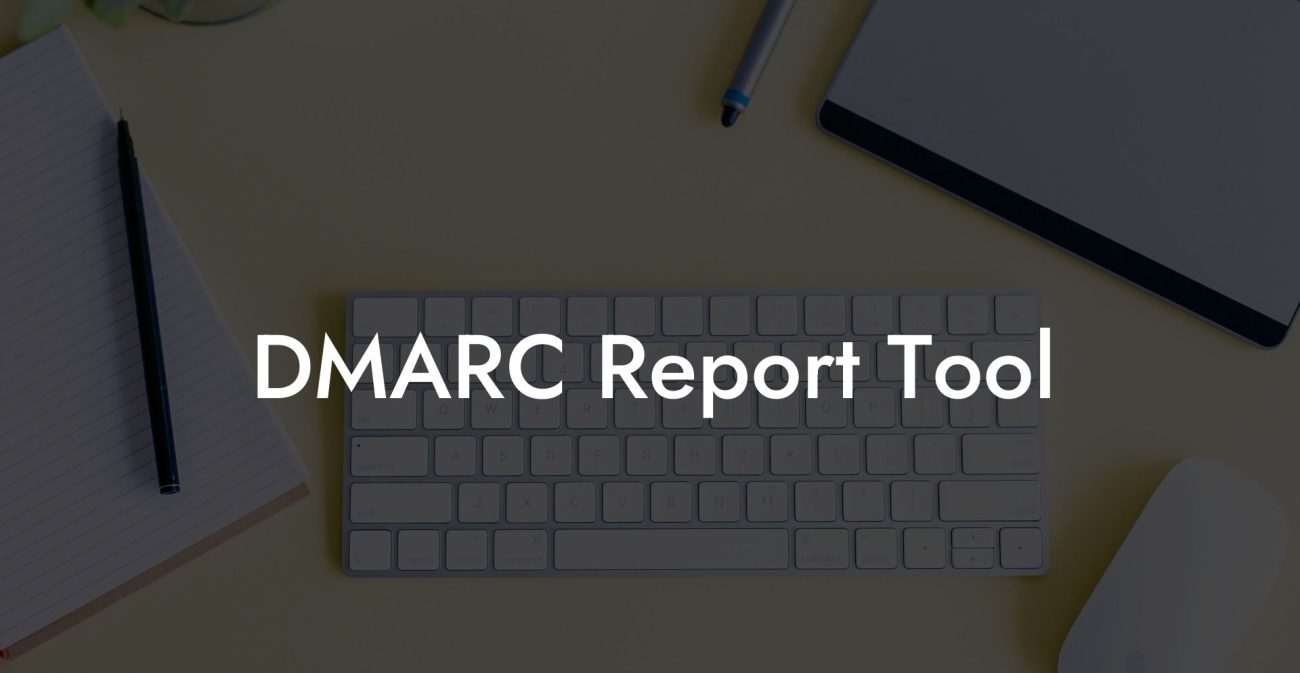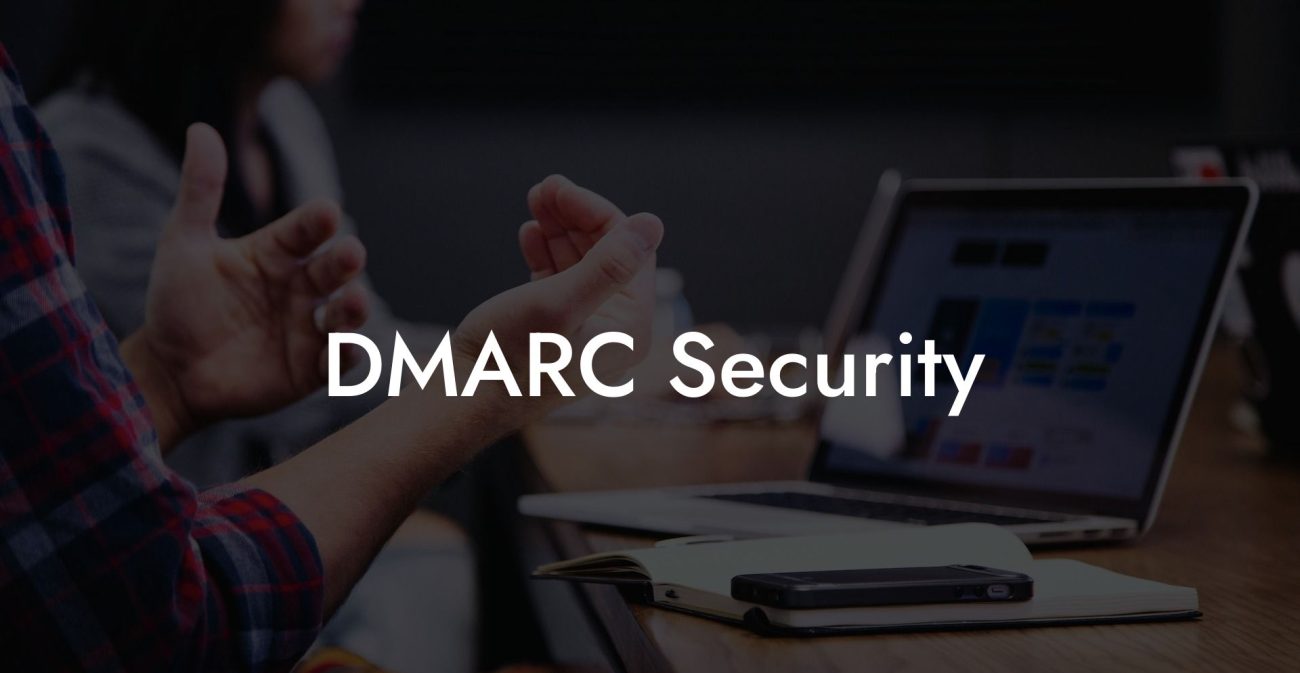In the age of email scams and phishing attacks, protecting your organization's digital communication has become more crucial than ever. One popular method employed by security-savvy businesses is DMARC, which helps block malicious emails from reaching inboxes. However, what happens when DMARC fails? In this article, we'll explore the ins and outs of DMARC failures, their potential consequences, and how to strengthen your email security to avoid these pitfalls.
DMARC Fail Table of Contents
Understanding DMARC and Its Importance
DMARC (Domain-based Message Authentication, Reporting, and Conformance) is an email authentication policy that helps businesses protect their domain and inboxes from malicious emails. It essentially allows domain owners to define policies on how to handle email messages that fail to authenticate using SPF (Sender Policy Framework) and DKIM (DomainKeys Identified Mail). With DMARC in place, receiving mail servers can validate an email's authenticity and reject fraudulent messages before they reach the inbox.
Reasons Why DMARC Might Fail
- Configuration Issues: If your DMARC record is incorrectly configured or absent, your emails might not pass DMARC authentication. Common mistakes include syntax errors, missing required tags, and incorrect alignment between SPF and DKIM settings.
- Third-Party Applications: If you use third-party email service providers or applications (such as marketing tools) to send emails on your behalf, these may not authenticate correctly with your domain’s DMARC policy, resulting in a DMARC failure.
- Forwarded Emails: Emails forwarded through auto-forwarding agents or mailing lists may have their email headers modified in the process, causing DMARC authentication failures due to altered SPF or DKIM information.
- Attacker Exploits: Hackers can create specially crafted emails that cause DMARC mechanisms to fail, allowing fraudulent messages to slip through the cracks.
Impact of DMARC Failures
Protect Your Data Today With a Secure Password Manager. Our Top Password Managers:
A DMARC failure can have serious implications for an organization, such as:
- Increased Phishing and Spoofing Attacks: When DMARC fails, your domain becomes more vulnerable to phishing attempts and spoofing attacks using your company's name and identity. This can result in significant financial losses and a damaged reputation.
- Lower Email Deliverability: Failing to pass DMARC authentication can lead to a lower sender reputation and reduced email deliverability. Many email clients and spam filters use DMARC checks to filter emails—failure may cause your legitimate emails to be marked as spam or even blocked entirely.
- Loss of Trust: DMARC failures can result in brand erosion and loss of customer trust as recipients may become suspicious of emails purportedly coming from your domain.
How to Prevent DMARC Failures
- Review Your DNS Settings: To ensure proper DMARC implementation, double-check your DNS settings and DMARC policy. Validate that your DMARC record is correctly configured, using online DMARC tools to examine your domain for any errors in the configuration.
- Monitor and Analyze DMARC Reports: Regularly monitor and analyze your DMARC reports for signs of authentication failures, spoofing attempts, and other red flags. Pay attention to the percentage of failing messages and the sources of those failures to understand potential weaknesses in your security setup.
- Coordinate with Third-Party Service Providers: Work closely with your email service providers or marketing tools to ensure they align with your DMARC policy and authenticate email messages as required. This may involve configuring their settings to support DMARC checks or including their IP addresses in your SPF records.
- Keep Current on Security Updates: Stay informed about potential vulnerabilities or newly discovered attack vectors. Make sure your entire email infrastructure is up-to-date with the latest security patches and recommendations to minimize the chances of DMARC failures and breaches.
DMARC Fail Example:
Imagine an organization called 'BizCorp' that uses a third-party marketing tool to send email campaigns on its behalf. BizCorp sets up DMARC to protect its domain but overlooks the marketing tool's IP and domain configuration. As a result, the marketing emails continually fail DMARC checks, leading to poor deliverability and reduced client engagement. To rectify this situation, BizCorp needs to coordinate with its marketing tool provider to ensure the correct configuration and update its SPF records to include the necessary IP addresses.
As powerful as DMARC may be, it is by no means foolproof. Understanding the potential causes of DMARC failures and taking proactive measures to bolster your email security are crucial steps in defending your domain from phishing and spoofing attacks. Don’t let DMARC failure leave your organization at risk—instead, use this knowledge to fortify your digital defenses and safeguard your reputation. If you found this guide helpful, please share it with others and explore more resources on Voice Phishing to stay informed on cybersecurity best practices.
Protect Your Data Today With a Secure Password Manager. Our Top Password Managers:

